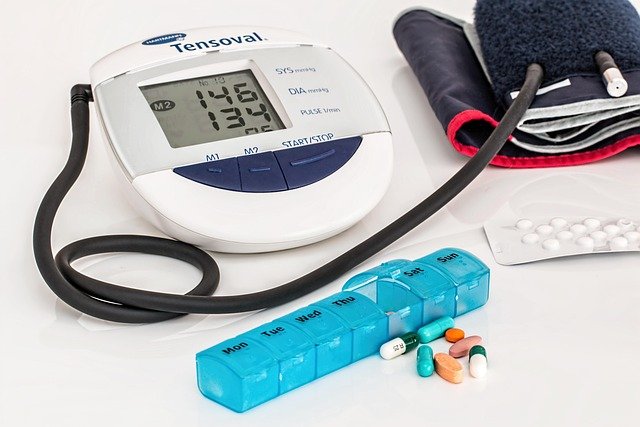Amyloidosis Awareness: What You Should Know in the US
Amyloidosis is a group of rare conditions where abnormal proteins called amyloids build up in organs and tissues throughout the body. This accumulation can lead to organ dysfunction and various health complications. Understanding the signs, impact, and treatment options available in the United States is crucial for both patients and healthcare providers.

Early Warning Signs of Amyloidosis
Early detection of amyloidosis can significantly impact treatment outcomes. Common warning signs include unexplained fatigue, weight loss, and swelling in the ankles and legs. Some patients experience shortness of breath, numbness in hands and feet, or changes in heart rhythm. Since these symptoms can mimic other conditions, proper medical evaluation is essential for accurate diagnosis.
How Amyloids Affect the Body
Amyloid proteins can deposit in various organs, including the heart, kidneys, liver, and nervous system. These deposits interfere with normal organ function, leading to progressive damage. In cardiac amyloidosis, the heart muscle becomes stiff, affecting its ability to pump blood effectively. Kidney involvement may result in protein loss through urine and decreased kidney function.
Types of Amyloidosis
Several forms of amyloidosis exist, each with distinct characteristics:
-
AL (Light Chain) Amyloidosis: The most common type in the US, caused by abnormal plasma cells
-
AA Amyloidosis: Develops due to chronic inflammatory conditions
-
ATTR Amyloidosis: Can be hereditary or age-related, affecting the heart and nervous system
-
Dialysis-related Amyloidosis: Occurs in patients on long-term dialysis
Treatment and Management Options
Treatment approaches vary depending on the type of amyloidosis and affected organs. Current treatment options include:
-
Chemotherapy for AL amyloidosis
-
Organ transplantation in select cases
-
TTR stabilizers and silencers for ATTR amyloidosis
-
Supportive care to manage symptoms and organ function
Estimated Costs of Amyloidosis Diagnosis & Treatment in the US
| Treatment Type | Estimated Cost Range | Coverage Notes |
|---|---|---|
| Initial Diagnosis | $5,000 - $15,000 | Often partially covered by insurance |
| Chemotherapy (per year) | $100,000 - $300,000 | Usually covered with copays |
| Organ Transplant | $800,000 - $1,500,000 | Requires pre-authorization |
| TTR Medications (annual) | $225,000 - $450,000 | May require special approval |
Prices, rates, or cost estimates mentioned in this article are based on the latest available information but may change over time. Independent research is advised before making financial decisions.
Living with amyloidosis requires ongoing medical care and monitoring. Regular follow-up appointments, diagnostic tests, and medication adjustments help track disease progression and treatment effectiveness. Support groups and educational resources are available through organizations specializing in amyloidosis awareness and patient advocacy.
This article is for informational purposes only and should not be considered medical advice. Please consult a qualified healthcare professional for personalized guidance and treatment.




